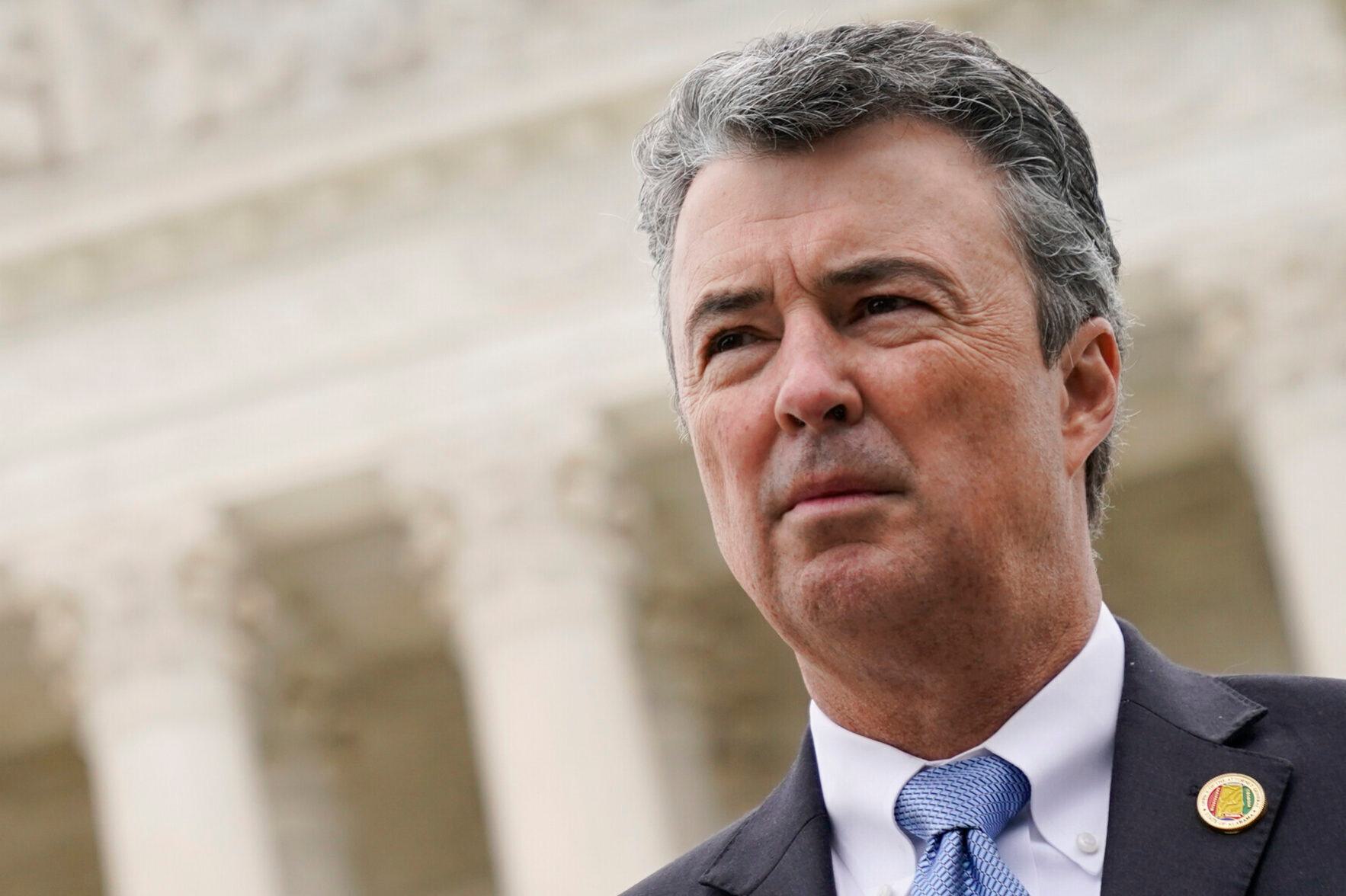Attorney General Steve Marshall praised the U.S. Supreme Court’s (SCOTUS) Thursday ruling against affirmative action in college admissions.
Affirmative action policies and programs give preference to particular minority groups, such as black people and Latin Americans, over other ethnic groups, such as white and Asian people.
SCOTUS ruled on Thursday morning that affirmative action in college admissions violated the 14th Amendment’s Equal Protection Clause.
“This landmark decision makes clear ‘the core purpose of the Equal Protection Clause: doing away with all governmentally imposed discrimination based on race,’” Marshall said. “Ivy League appeals to diversity do not justify discriminating against prospective students based on the color of their skin.”
In May 2022, Attorney General Marshall joined a coalition of 19 states supporting the challengers’ cases before the Supreme Court. The brief decried Harvard’s and the University of North Carolina’s obvious discrimination against Asian-American applicants and asserted that racial discrimination in admissions is not needed to ensure that applicants have a fair shot at obtaining quality higher education.
Student advocacy group Students for Fair Admissions (SFA) filed cases against Harvard and the University of North Carolina (UNC) in 2014, suggesting that the universities’ affirmative action violated Title VI of the Civil Rights Act by discriminating based on race, color and national origin while receiving federal funding.
UNC is the nation’s oldest public university in the United States. While Harvard is the nation’s oldest private college, it still receives federal research grants.
Specifically, the plaintiff argued the policies discriminated against Asian-American students.
The U.S. Court of Appeals for the First Circuit initially ruled in favor of Harvard, arguing that the “observed discrimination” affected a minor pool of Asian-American students and that the plaintiffs lacked evidence to prove the school had violated the Civil Rights Act.
In a separate case, a federal district court ruled in UNC’s favor.
SCOTUS overturned both cases, ruling against UNC 6 to 3 and against Harvard 6 to 2. Justice Ketanji Brown Jackson recused herself from the Harvard case due to her previous involvement with the university’s advisory governing board.
Thursday’s ruling reverses several prior SCOTUS rulings that upheld race-based college administration programs.
To connect with the author of this story, or to comment, email craig.monger@1819news.com.
Don't miss out! Subscribe to our newsletter and get our top stories every weekday morning










